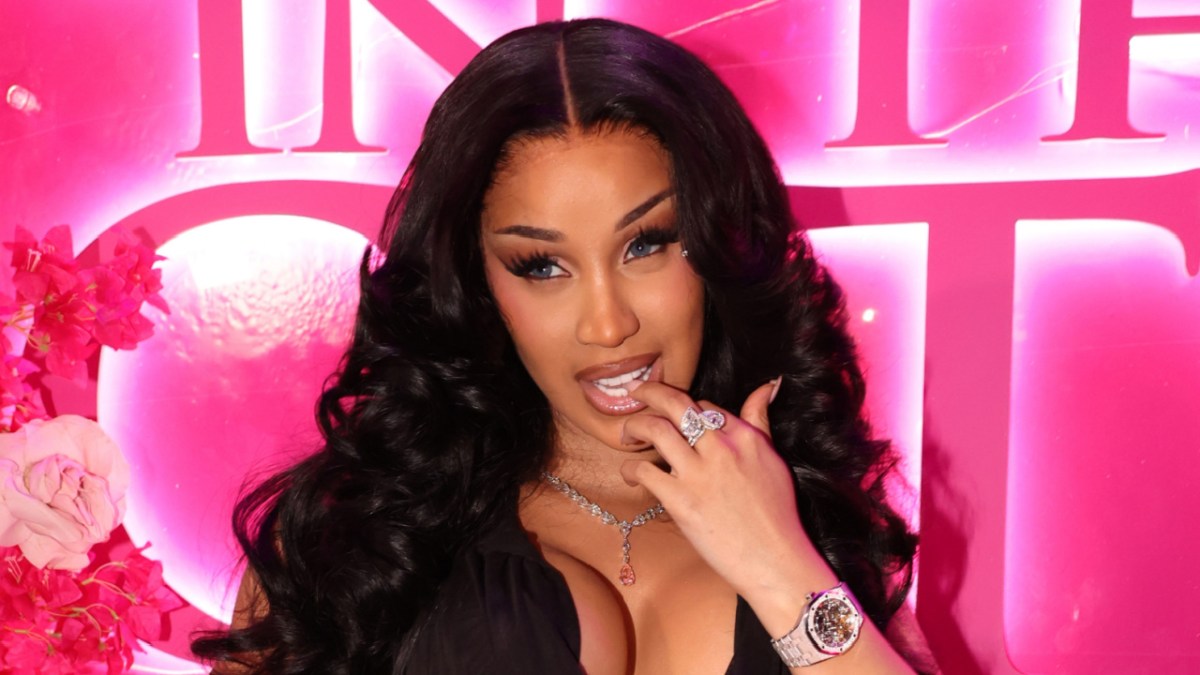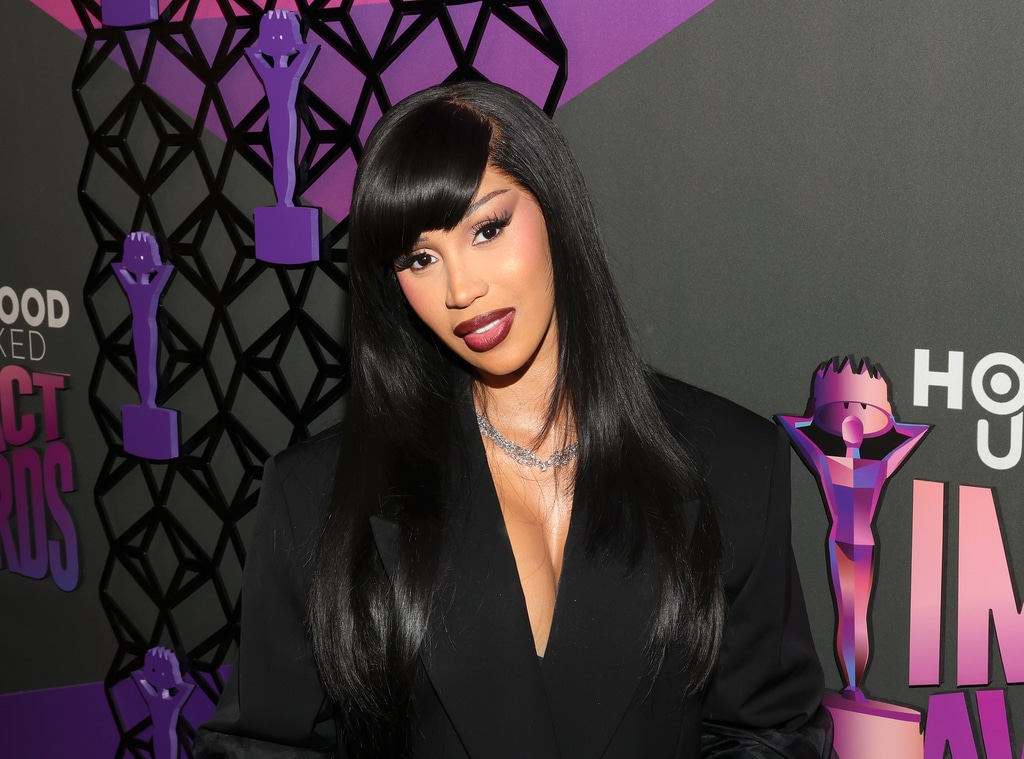In the aftermath of the 2024 U.S. presidential election, rapper Cardi B has found herself at the center of a social media storm, facing intense backlash from supporters of President-elect Donald Trump. Known for her candidness and unfiltered communication style, Cardi B has been a vocal supporter of Vice President Kamala Harris throughout her campaign. Following Harris’s defeat, Cardi B’s expressions of support were met with a barrage of criticism from Trump supporters, leading to a series of heated exchanges that highlight the deep political divisions in the country.
Here's ads banner inside a post
Cardi B’s Support for Kamala Harris
Throughout the 2024 presidential campaign, Cardi B actively endorsed Kamala Harris, participating in rallies and using her platform to encourage voter turnout. Her involvement was particularly notable during a rally in Milwaukee, Wisconsin, where she delivered an impassioned speech emphasizing the importance of reproductive rights, economic fairness, and the need for leadership that embodies empathy and compassion. Cardi B’s endorsement was rooted in her belief that Harris represented a progressive vision for America, one that aligned with her own values and concerns for the nation’s future.

Here's ads banner inside a post
Post-Election Reactions and Backlash
Following the election results, Cardi B took to social media to express her admiration for Harris’s campaign, highlighting the integrity and determination displayed throughout the race. In a heartfelt message, she wrote, “No matter what they’ve said to bring you down or belittle your run for the presidency, they can never say you didn’t run your race with honesty and with integrity.” This post was intended to uplift and commend Harris for her efforts, despite the loss.
However, the post was met with a flood of negative comments from Trump supporters, who mocked Cardi B for her political stance and criticized her support for Harris. The criticism ranged from questioning her political knowledge to personal attacks, reflecting the polarized nature of the current political climate.
Here's ads banner inside a post

Cardi B’s Response to Critics
In response to the onslaught of criticism, Cardi B initially urged for civility, stating, “No need to be nasty, y’all picked your winner. All we can do is be hopeful and wish the best.” She acknowledged the outcome of the election and called for unity, emphasizing the importance of moving forward constructively.
Despite her call for decorum, the negative comments persisted, leading Cardi B to issue a more forceful response. In a video posted on her social media platforms, she addressed the critics directly, stating, “Y’all won, I know ya happy. Ain’t nobody acting like bitter losers. However, y’all need to leave me the f### alone. Because I got one more f###### cigarette in me before I start lighting your a#### up.” This statement underscores her frustration with the relentless attacks and serves as a warning to those perpetuating the negativity.
,type=downsize)
The Broader Context of Celebrity Political Engagement
Cardi B’s experience is emblematic of the challenges faced by celebrities who engage in political discourse. While public figures have the platform to influence and mobilize voters, their involvement often subjects them to intense scrutiny and backlash from opposing factions. The polarized nature of contemporary politics means that endorsements and political statements can lead to significant public and media attention, both positive and negative.
In Cardi B’s case, her outspoken support for Kamala Harris and subsequent defense against critics highlight the complexities of celebrity political engagement. Her willingness to confront detractors head-on reflects a broader trend among public figures who use their platforms to advocate for causes they believe in, despite potential backlash.

The Impact on Cardi B’s Public Image
The exchanges between Cardi B and Trump supporters have sparked widespread discussion on social media and in the press. Supporters of Cardi B commend her for standing firm in her beliefs and defending her political stance against criticism. They view her responses as a demonstration of authenticity and courage in the face of adversity.
Conversely, critics argue that her confrontational approach may not be conducive to fostering constructive political dialogue. They contend that such exchanges can exacerbate divisions and detract from meaningful discussions about policy and governance.
The Role of Social Media in Political Discourse
This incident underscores the influential role of social media in shaping political discourse. Platforms like Twitter, Instagram, and Facebook serve as arenas where political opinions are expressed, debated, and contested. For public figures like Cardi B, these platforms offer a direct line of communication with millions of followers, amplifying their voices in the political arena.
However, the immediacy and reach of social media also mean that public figures are more accessible to criticism and attacks from detractors. The anonymity afforded by these platforms can embolden individuals to engage in negative behavior, contributing to a toxic online environment.

As the nation moves forward from a contentious election, the experiences of individuals like Cardi B highlight the need for a more respectful and constructive political discourse. While differences in opinion are inevitable, the manner in which these differences are expressed can significantly impact the social and political fabric of the country.
For public figures, navigating the intersection of celebrity and politics requires a delicate balance between advocacy and the management of public perception. Cardi B’s recent experiences serve as a case study in the complexities of this dynamic, offering insights into the challenges and responsibilities that come with using one’s platform for political engagement.
In conclusion, Cardi B’s interactions with Trump supporters in the wake of the 2024 election underscore the polarized nature of current political discourse and the challenges faced by celebrities who choose to engage in it. Her responses reflect a commitment to her beliefs and a willingness to confront criticism, highlighting the broader conversation about the role of public figures in political advocacy and the impact of social media on public dialogue.

